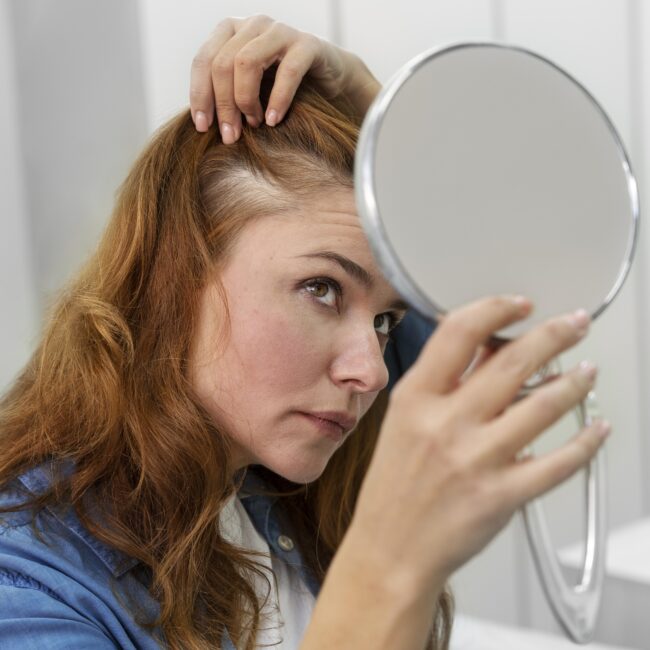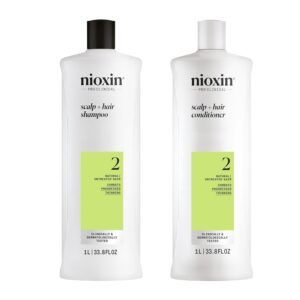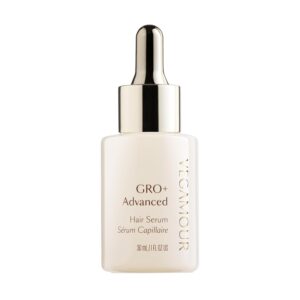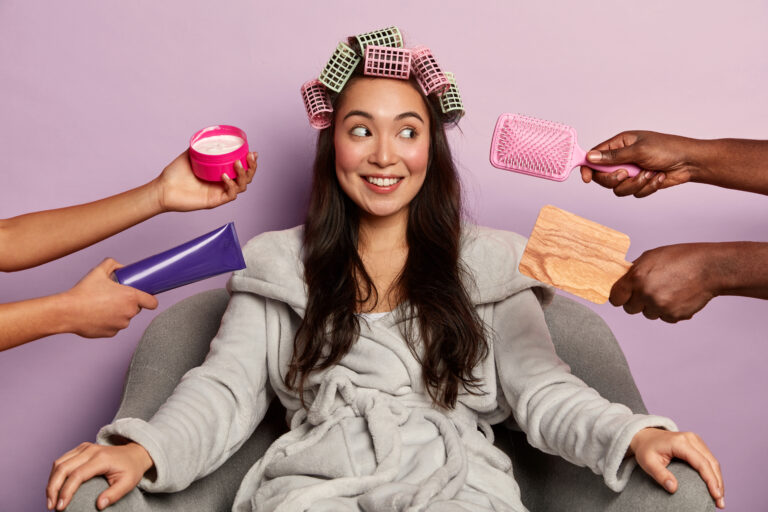What Causes Hair Loss? Understanding Triggers and Solutions
Have you ever caught yourself staring at strands of hair on your pillow, in the shower drain, or clinging to your brush and whispered, “What causes hair loss?” That single question can spark a wave of worry and self-doubt. Millions of men and women worldwide experience thinning, shedding, or balding at some point in their lives. And while some causes are temporary and treatable, others may require long-term management.
The truth is, hair loss is more than a cosmetic issue. It’s an emotional challenge that touches self-confidence, identity, and even daily happiness. But here’s the good news—most causes of hair loss can be identified, managed, and in many cases, reversed.
In this guide, we’ll break down the real reasons behind hair loss in both men and women, explore illnesses and hormones that play a role, and share expert-backed tips and treatments to help you protect, restore, and fall in love with your hair again.
What Causes Hair Loss?
Hair goes through a natural growth cycle, but when this cycle is disrupted, shedding increases, and regrowth slows down. There are many reasons this disruption occurs—some genetic, some lifestyle-related, and others due to illnesses or hormonal changes.
Understanding the Basics: What Is Hair Loss?
Hair loss, medically known as alopecia, is not just about lo Hair loss, medically known as alopecia, is not just about losing a few strands. On average, a person loses about 50–100 hairs a day, which is normal. But when the loss exceeds this, or when hair fails to grow back, it becomes noticeable and concerning. sing a few strands. On average, a person loses about 50–100 hairs a day, which is normal. But when the loss exceeds this, or when hair fails to grow back, it becomes noticeable and concerning.
Types of hair loss include:
Androgenetic Alopecia (Pattern Baldness) – genetic, affects both men and women.
Telogen Effluvium – stress-induced, often temporary.
Alopecia Areata – autoimmune, where the immune system attacks hair follicles.
What Causes Hair Loss in Males?
For men, the most common form of hair loss is male pattern baldness, caused by genetics and hormones. This condition is linked to DHT (dihydrotestosterone), a hormone that shrinks hair follicles over time.
Other male hair loss causes include:
Stress and poor lifestyle habits
Nutritional deficiencies (iron, zinc, vitamin D)
Medical treatments like chemotherapy
Scalp infections or dandruff-related irritation
💡 Expert Tip: If you notice thinning at the crown or receding hairlines, consult a dermatologist early. Early intervention can slow or reverse the process.
What Causes Hair Loss in Females?
Hair loss in females can feel especially overwhelming because it often affects self-esteem deeply. Women may experience diffuse thinning across the scalp rather than a receding hairline.
Common causes include:
Hormonal changes: pregnancy, menopause, thyroid imbalance
Stress and emotional trauma
Nutrient deficiencies (iron, folic acid, biotin)
Tight hairstyles (traction alopecia from braids, buns, or ponytails)
PCOS (Polycystic Ovary Syndrome), which increases androgen levels
👉 Internal Link: For related insights, read our article on Can Dandruff Cause Hair Loss?
Which Hormone Causes Hair Loss in Females?
The main hormone involved is DHT, just as in men. However, hormonal shifts in estrogen and progesterone during pregnancy or menopause also play a significant role. When these hormone levels drop, hair follicles can shrink, leading to noticeable thinning.
Illnesses That Cause Hair Loss
Sometimes, hair loss is a symptom of an underlying health condition. These include:
Thyroid disorders (hyperthyroidism or hypothyroidism)
Autoimmune diseases like lupus or alopecia areata
Anemia (low iron levels)
Scalp infections like ringworm
Cancer treatments such as chemotherapy
If your hair loss is sudden or patchy, it’s important to seek medical advice to rule out these conditions.
Common Causes of Hair Loss (Both Genders)
Beyond hormones and genetics, here are shared factors:
Stress: Cortisol can disrupt hair growth cycles.
Poor Diet: Lack of protein, omega-3s, and vitamins can weaken strands.
Excessive Heat Styling: Straighteners, curling irons, and blow dryers damage hair.
Harsh Chemicals: Bleaching and coloring break down bonds.
Aging: Natural thinning with age is unavoidable but can be slowed.
Effective Hair Loss Treatments
The good news? There are solutions. While not every treatment works for everyone, the following options are backed by science:
1. Topical Solutions
Minoxidil (Rogaine): Stimulates hair growth, FDA-approved.

Persona Hair Growth Serums with Peptides & Biotin: Strengthen follicles.
2. Prescription Medications
Finasteride (for men): Blocks DHT production.
Spironolactone (for women): Reduces androgen effects.
3. Lifestyle Changes
Adopt a balanced diet rich in proteins, leafy greens, and omega-3s.
Reduce stress with yoga, meditation, or regular exercise.
Avoid tight hairstyles and harsh chemical treatments.
4. Natural Remedies
Rosemary oil, castor oil, and pumpkin seed oil have shown promising results.
Scalp massages improve blood circulation to follicles.
5. Advanced Treatments
Platelet-Rich Plasma (PRP) Therapy: Uses your own plasma to stimulate growth.
Laser Therapy: Low-level laser light helps rejuvenate follicles.
Hair Transplants: Permanent but costly solution.
Recommended Hair Care Products
Here are some highly rated products on Amazon that can support healthy hair growth:
Nioxin System 2 Cleanser Shampoo – great for thinning hair.
Pura D’or Original Gold Label Anti-Thinning Shampoo – packed with biotin and natural oils.
Vegamour GRO Hair Serum – plant-based and clinically tested.
Olaplex No.3 Hair Perfector – Repairs chemical and heat damage.
Expert Prevention Tips
Eat smart: Prioritize iron, zinc, vitamin D, and biotin.
Be gentle: Use a wide-tooth comb to avoid breakage.
Wash wisely:Don’t overwash; use sulfate-free shampoos.
Protect hair from sun: UV rays weaken strands.
Consult early: Don’t wait until half your hair is gone—see a trichologist or dermatologist at the first signs of thinning.
FAQ: What Causes Hair Loss?
1. What causes hair loss in females?
Hormonal changes, thyroid imbalance, stress, and PCOS are leading causes.
2. What causes hair loss in males?
Male pattern baldness, genetics, and high DHT levels are the main culprits.
3. Which hormone causes hair loss in females?
DHT, along with fluctuations in estrogen and progesterone, leads to thinning.
4. What illnesses cause hair loss?
Thyroid disease, lupus, anemia, and autoimmune disorders can trigger it.
5. What are the best treatments for hair loss?
Options include minoxidil, finasteride, PRP therapy, hair transplants, and balanced nutrition.
Final Thoughts
Hair loss is a complex challenge with multiple triggers—from genetics to lifestyle choices. But with the right knowledge, treatment, and proactive care, you can protect your strands and restore your confidence.
Remember: The earlier you take action, the better your chances of preventing further loss and reviving hair health.










